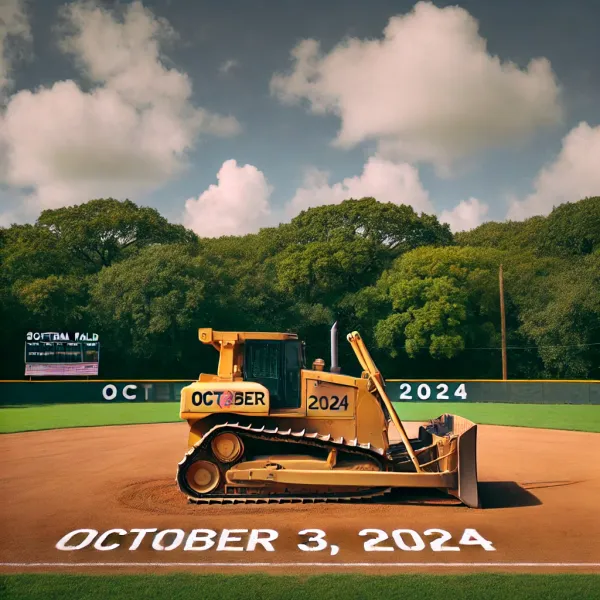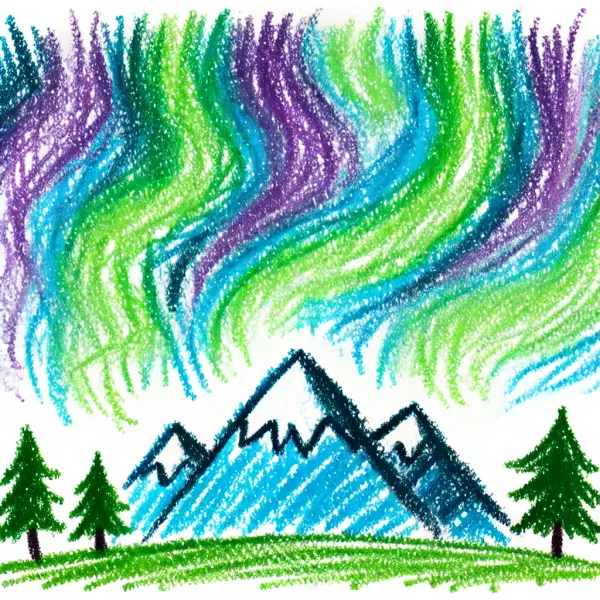Analysis of news to date
After today's edition, I will have published 11 newsletters on The Alpine to date. This represents 165 articles from 38 online sources. Since this is an experiment, I'd like to share a little of what I've learned so far.
Text is the minority
I recently watched a YouTube video by a prominent tech correspondent who shared an important insight: Very few people read the text articles on large websites compared to the number of people who watch the accompanying videos.
The Alpine aggregates news and information about the Yukon that is published in text format. It seems that this content is in no way a comprehensive representation of the Yukon community. There is much more content produced exclusively for television and radio. This leaves news "readers" at a disadvantage. It also leaves the historical public record at a disadvantage, since much news content produced for television and radio is ephemeral.
What is unclear is how local multimedia news producers like CBC, CHON-FM, CKRW and APTN identify content that will be published in text form in addition to the source video and audio stories they produce. CBC, for example, seems to avoid publishing hard news in text and seems to opt instead for softer, more community-oriented stories. CHON-FM, CKRW and APTN all publish very little text content.
Sources and subjects
Here is a breakdown of the sources from which The Alpine has aggregated content to date.
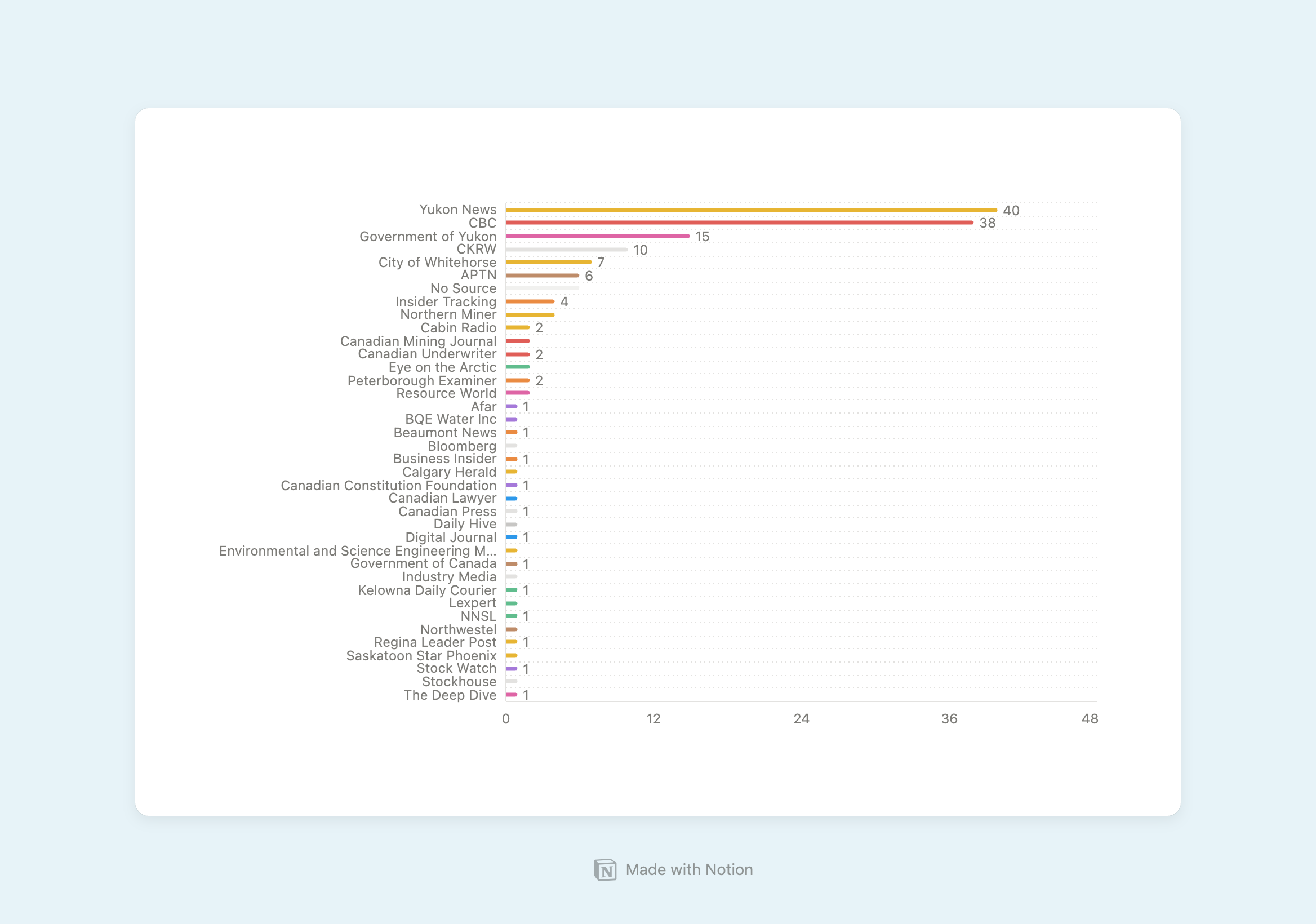
Yukon News and CBC clearly produce the most text-based news content about the Yukon.
Here is a breakdown of the subjects of articles aggregated on The Alpine.
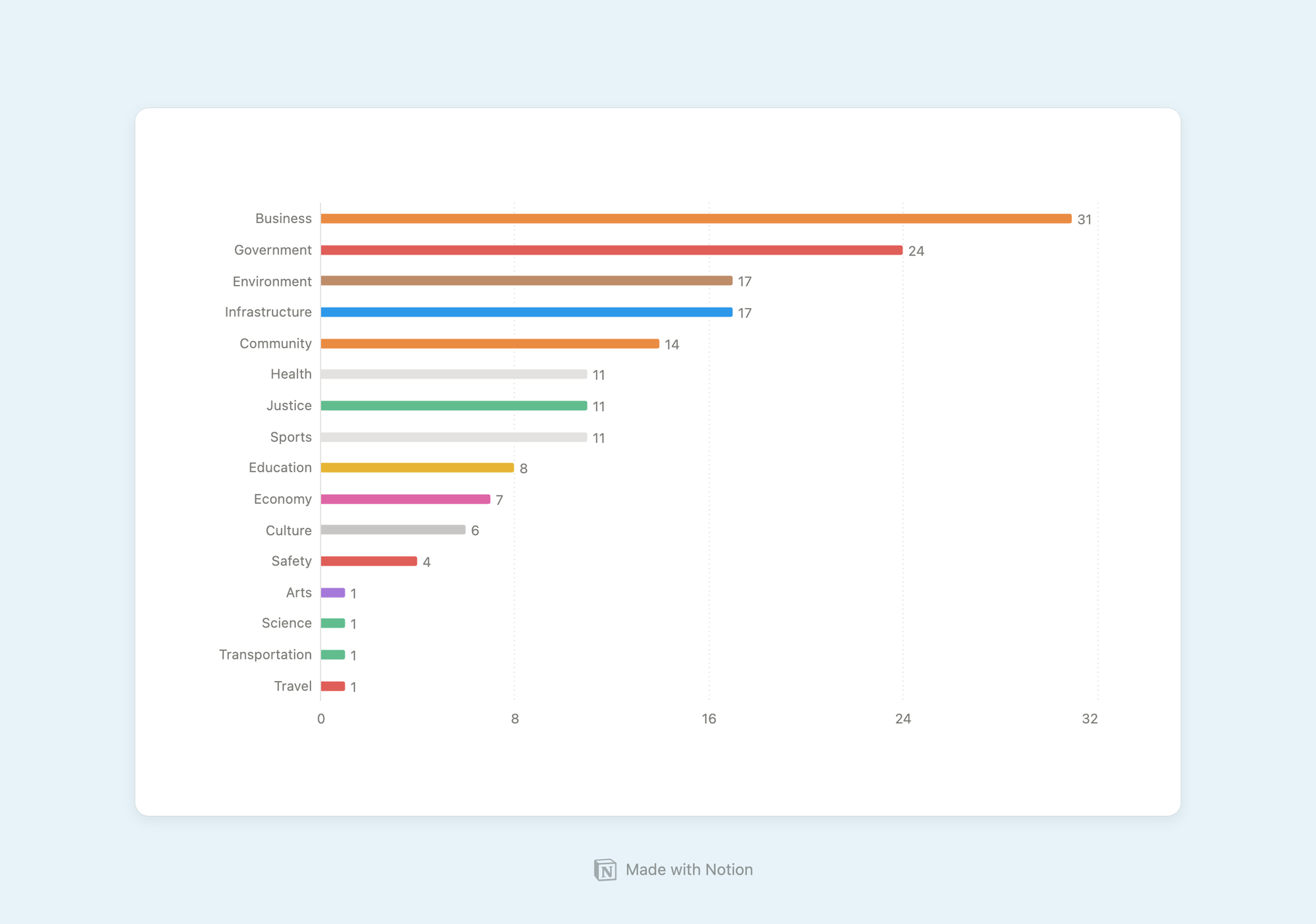
The top category, business, is heavily skewed by the large amount of mining exploration news that has been published recently. I may categorize this type of content differently moving forward.
Since Yukon News and CBC are the top producers of text-based content about the Yukon, here are two charts presenting a breakdown of the types of content each produces.
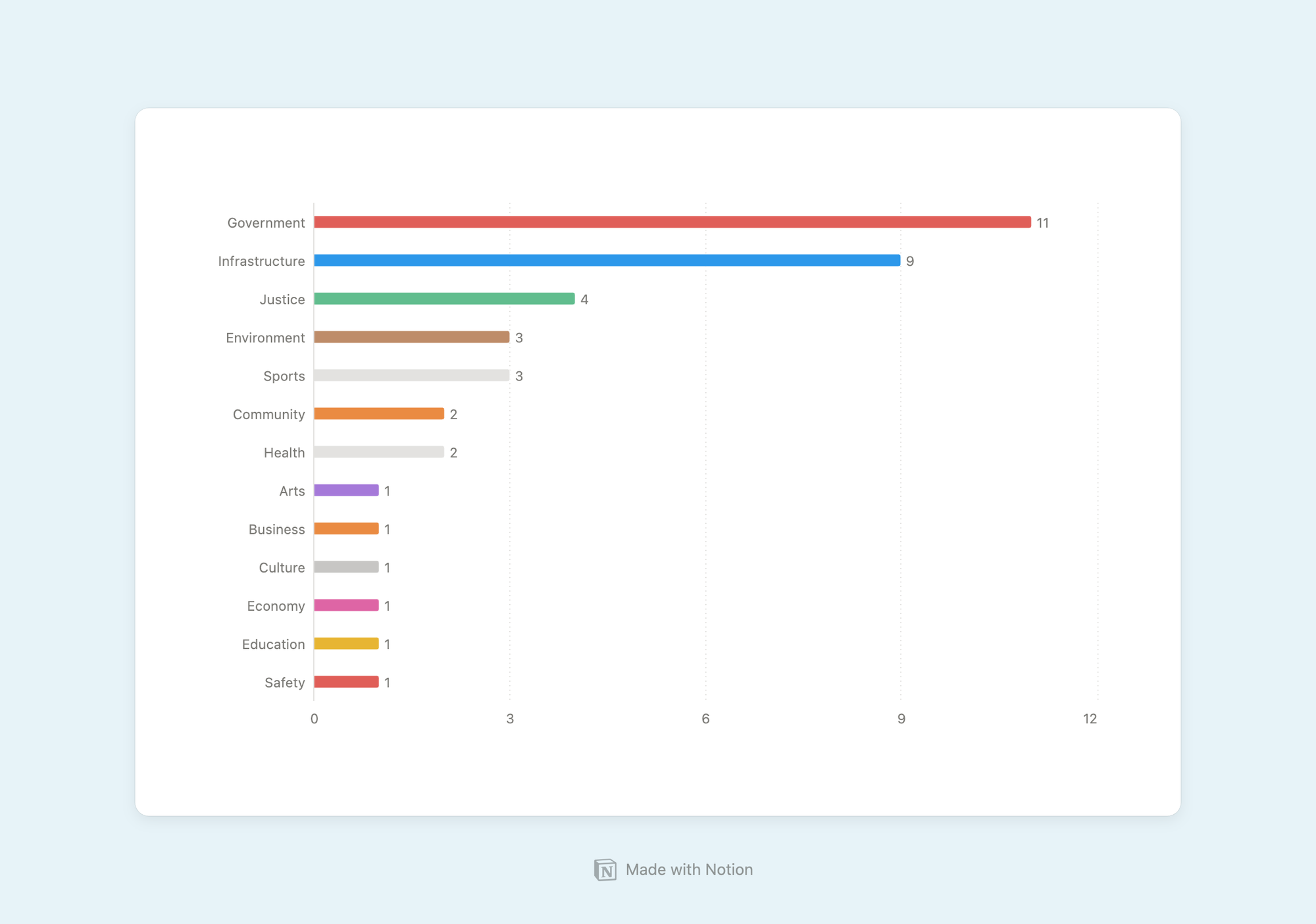
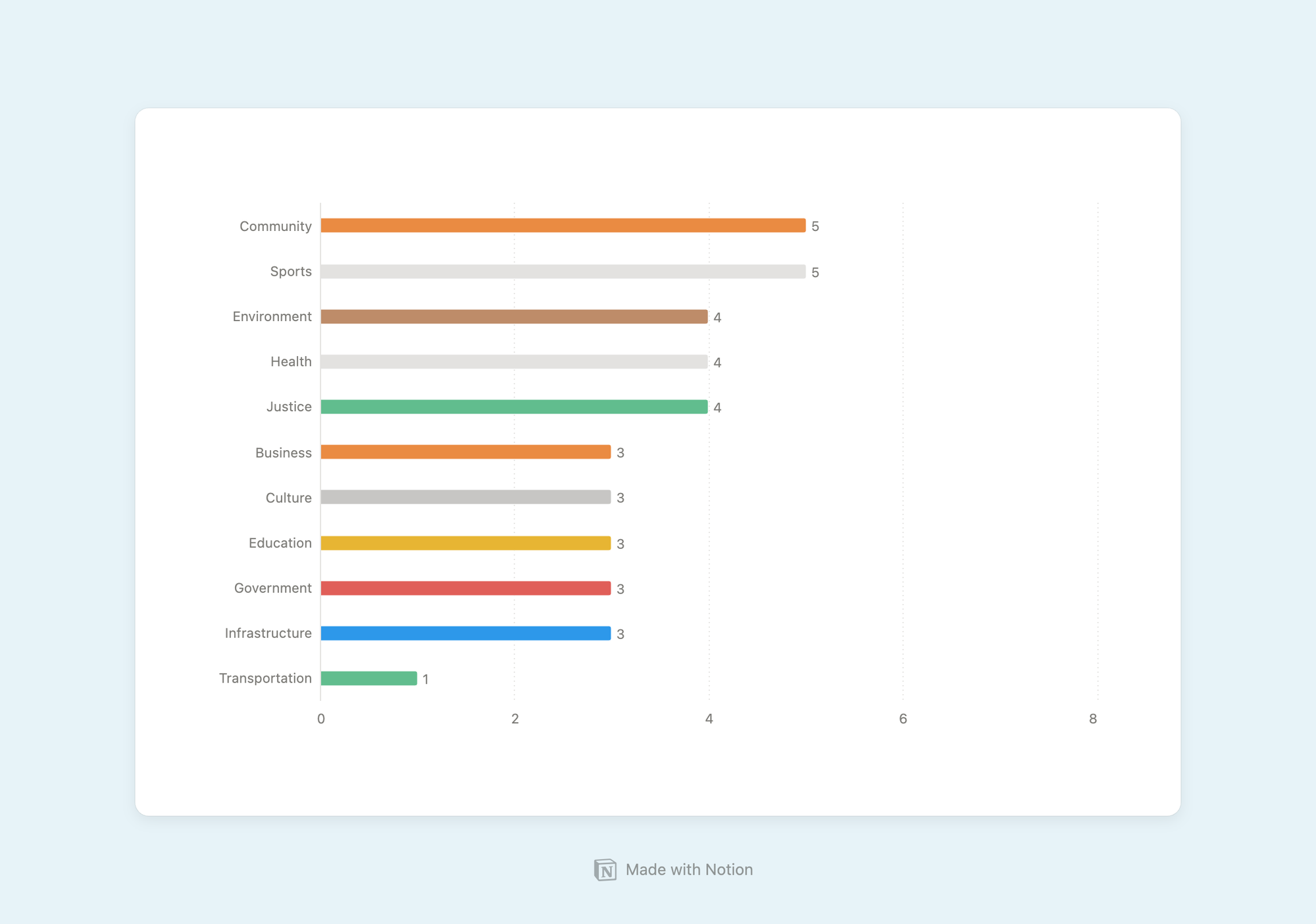
The Yukon News appears to focus on government- and infrastructure-oriented stories whereas CBC chooses a broader, more general-interest range of stories to publish in text format.
Closing
One of the questions I was seeking to answer with The Alpine, at least in part, was: Why are newspapers in decline?
I'm beginning to believe that is the wrong question, or at least one that is easily answered. Newspapers are in decline because reading is in decline.
So a more appropriate question, which goes well beyond the scope of The Alpine, is: Why is reading in decline?


